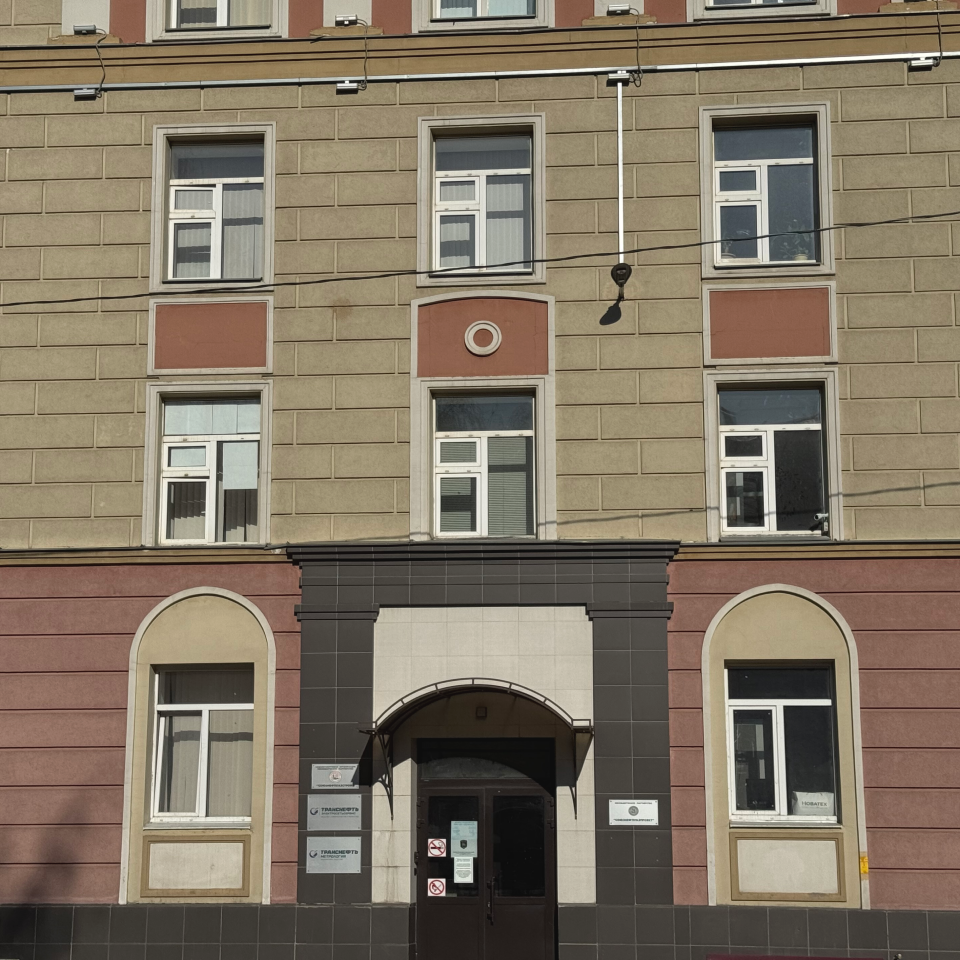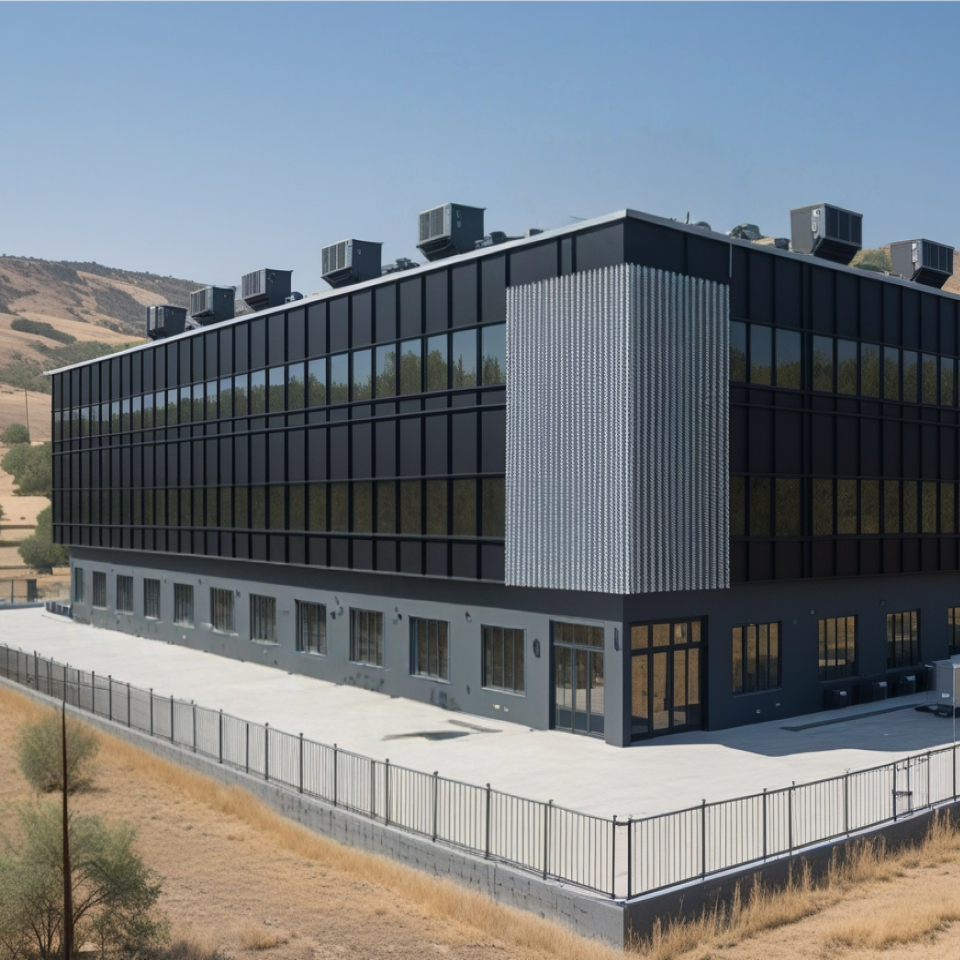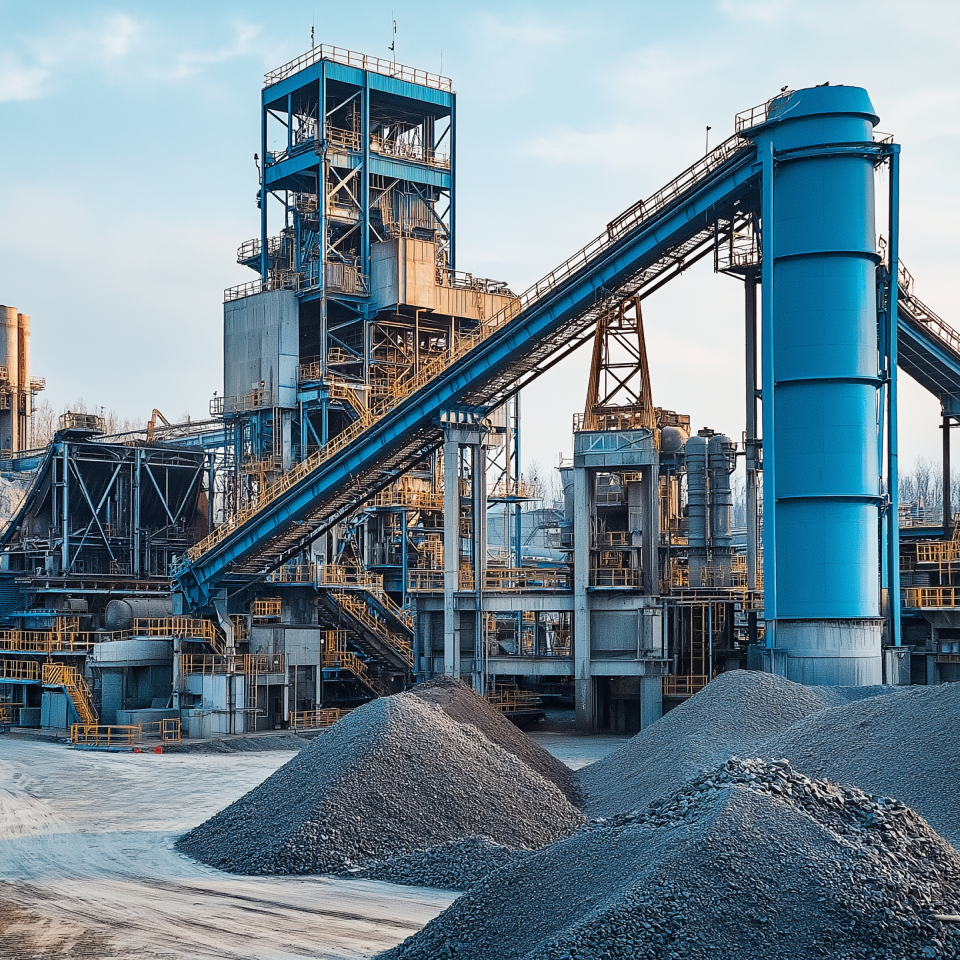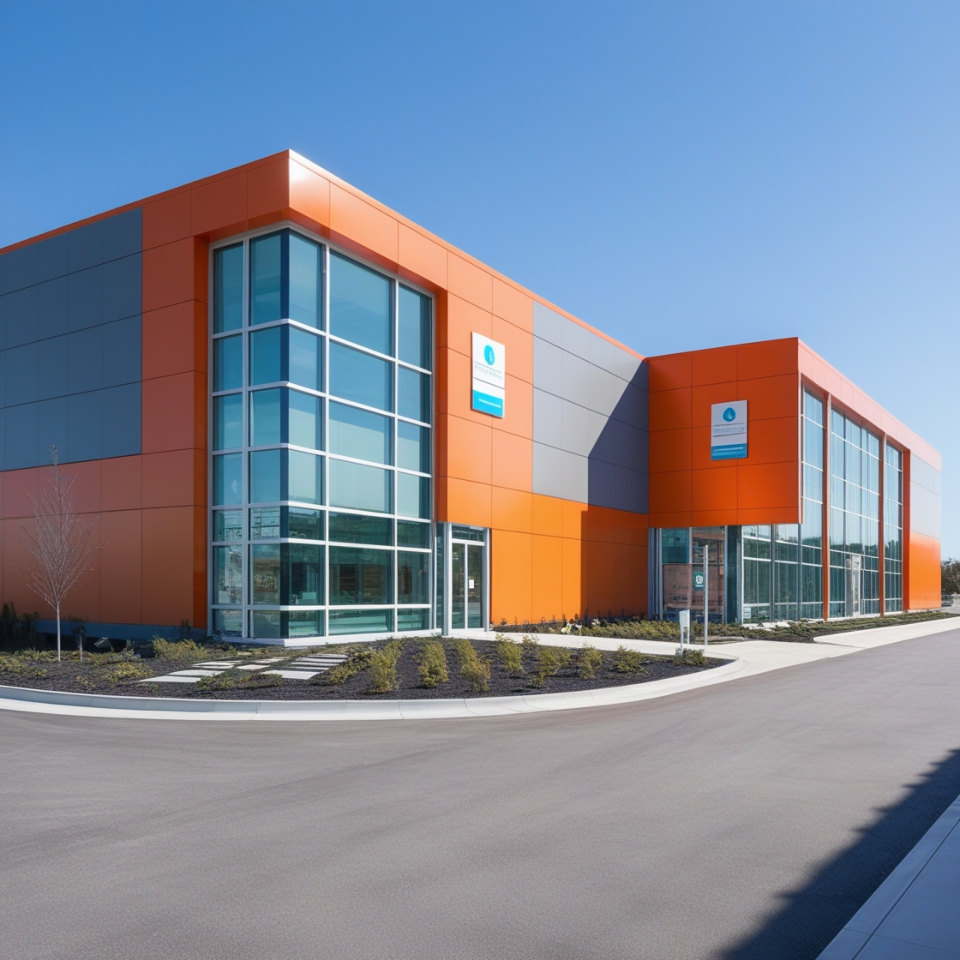
Visualize an urban environment devoid of electrical power, potable water supply, communication networks, and transportation services—this catastrophic scenario exemplifies the consequences of suboptimal infrastructure performance. Such failures would severely disrupt daily life and compromise essential services critical to modern society.
Contemporary infrastructure has transformed into a highly complex network of interdependent systems, featuring intricate relationships between various components. Manual oversight and management of these multifaceted systems are no longer viable in today's operational environment. This challenge is addressed through advanced automation technologies. By implementing sophisticated control systems that integrate seamlessly across all infrastructure domains, operators gain the capability to: monitor equipment performance in real-time, regulate operational parameters dynamically, optimize resource utilization, detect anomalies proactively, and maintain system integrity and safety.
Automation facilitates the creation of smart infrastructure ecosystems capable of self-adjusting to environmental variances, preemptively mitigating potential failures, and minimizing operational expenditures. These advancements directly contribute to: enhanced quality of life for citizens, improved urban livability, increased safety standards, and strengthened national economic competitiveness. Through the adoption of intelligent automation solutions, cities can achieve greater operational efficiency, sustainable development, and long-term resilience in the face of evolving challenges.






